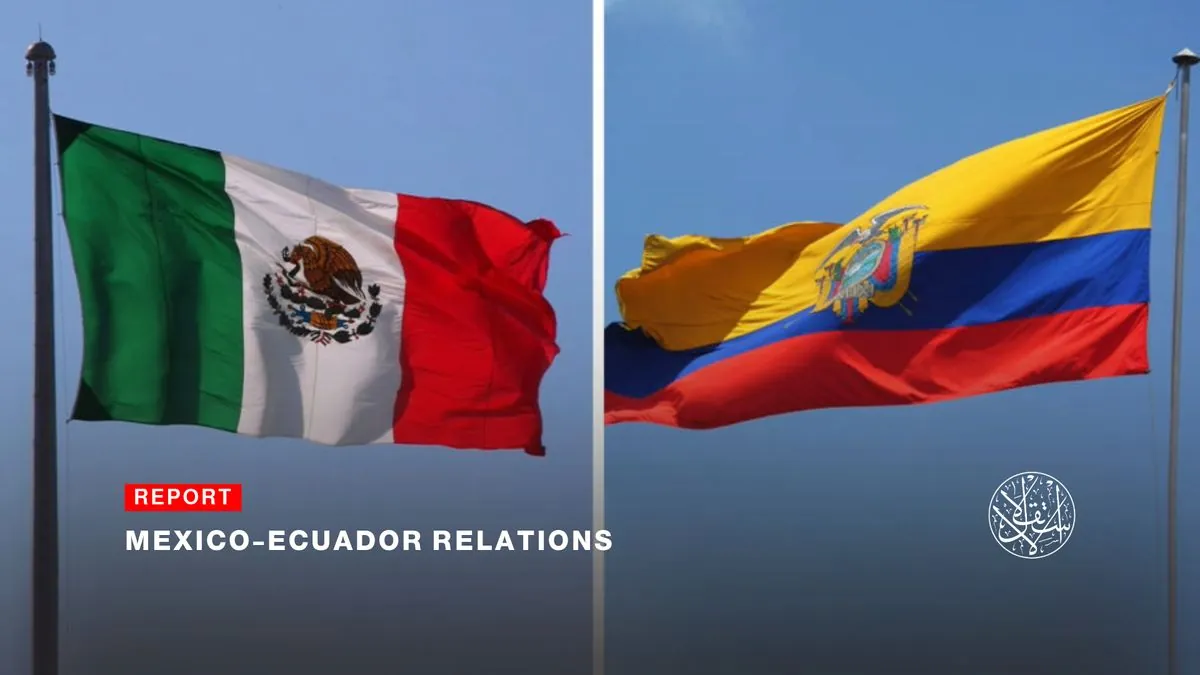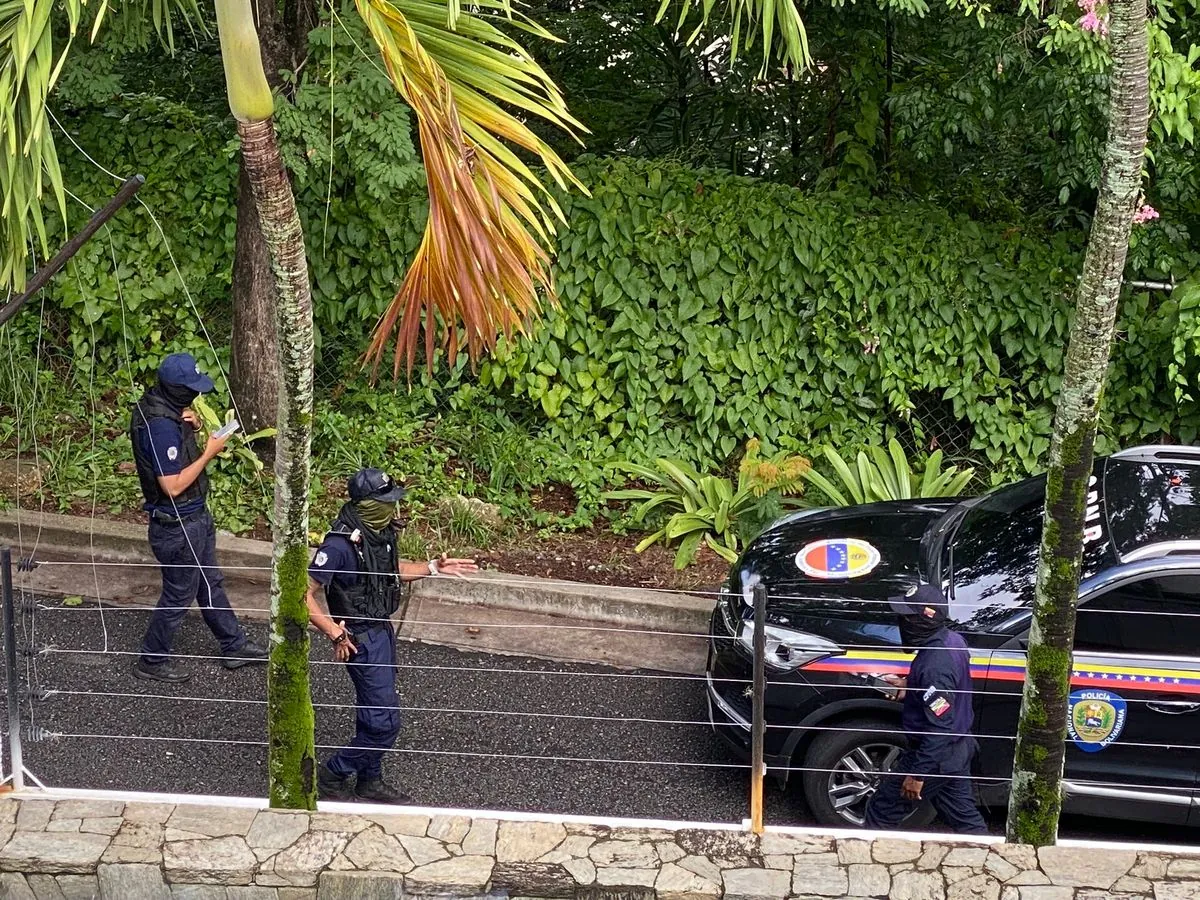Venezuela Revokes Brazil's Authority to Represent Argentina's Interests
Venezuela withdraws Brazil's permission to manage Argentine affairs, including embassy housing opposition members. Brazil maintains its role pending alternative arrangements, amidst regional tensions.

In a significant diplomatic development, Venezuela has officially rescinded Brazil's authorization to represent Argentine interests within its borders. This decision, communicated on September 7, 2024, has far-reaching implications, particularly for the Argentine embassy in Caracas, where six opposition figures have sought refuge.
Brazil, which shares a 2,199 km border with Venezuela, responded by stating it would continue its representational duties unless an alternative country is designated with Argentina's approval. This stance underscores the complex diplomatic dynamics in the region, where Brazil holds the largest economy in South America.
The situation at the Argentine embassy has become increasingly tense. Opposition members sheltering there reported surveillance activities and power outages on September 6, 2024. They described the presence of individuals in black attire and patrols from SEBIN, Venezuela's intelligence agency established in 2010.

The roots of this diplomatic crisis trace back to March 2024, when six individuals sought asylum in the Argentine embassy, which has been operating in Caracas since 1911. This occurred after Venezuelan authorities ordered their arrest on conspiracy charges. Maria Corina Machado, a prominent opposition leader, has refuted these allegations against her associates.
"We categorically reject any attempts to interfere in our internal affairs and will not tolerate the misuse of diplomatic premises for political purposes."
The situation has been further complicated by Argentina's recent actions. On September 6, 2024, Argentina requested the International Criminal Court (ICC) to issue an arrest warrant for Nicolas Maduro, who has been Venezuela's president since 2013, and other high-ranking officials. This move relates to events following the controversial July 28, 2024 presidential election.
Venezuela, holding the world's largest proven oil reserves, severed diplomatic ties with Argentina in the wake of this disputed election. Several nations, including Brazil, Colombia, and Mexico, have called for the publication of complete election results. However, Venezuela's National Electoral Council has already declared Maduro's re-election for a third term.
This diplomatic row occurs against a backdrop of ongoing economic challenges in Venezuela, including severe hyperinflation affecting its currency, the bolivar. The country's political situation has been a subject of international concern, with organizations like the OAS criticizing its electoral processes. Venezuela's withdrawal from the OAS in 2019 and the formation of the Lima Group in 2017 to address the Venezuelan crisis highlight the regional complexities.
As tensions escalate, the concept of diplomatic asylum, particularly prevalent in Latin America, takes center stage. The international community watches closely as this situation unfolds, potentially impacting regional stability and diplomatic norms.


































